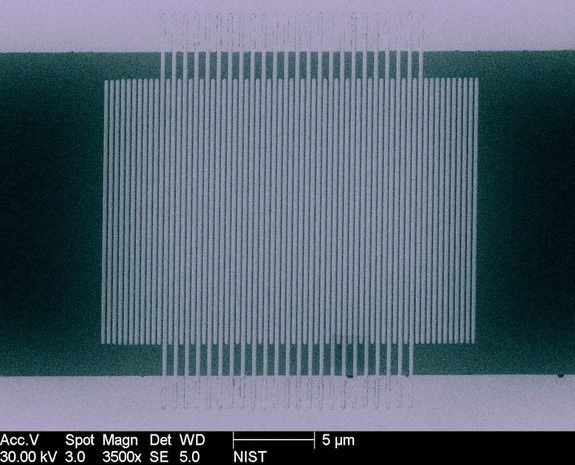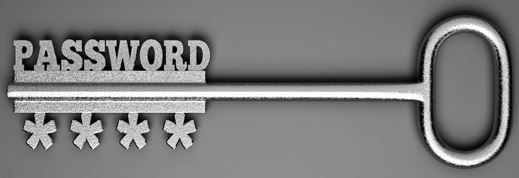
Neil deGrasse Tyson and Edward Snowden recently discussed the idea that encryption mechanisms with advanced extraterrestrial species and humans could theoretically render communication as indistinguishable from cosmic background radiation. With only a short period of time in a species growth where open communication is broadcast to the stars (through the sluggish and primitive nature of radio broadcasts), this could prevent us (or other species) from making contact with one another.
With the Drake Equation stating a high probability of communicative extraterrestrial civilizations and the contrasting Fermi Paradox citing lacking evidence of such, it begs the question of whether outlying reasons have an impact. In my opinion, the Drake Equation rings true in the sense that hundreds of billions of stars exist in our galaxy alone (many with their own diverse planetary bodies), setting the stage for extraterrestrial life to disavow itself as insatiable ramblings. Unlike that which is eminent in the Fermi Paradox, I believe, in this case, a conclusion based off of inductive reasoning seems to hold more water than an evidence-only approach.
Keeping in mind the discussion in The Guardian article, a flaw of the Fermi Paradox’s evidence-based perspective should become apparent: secure, encrypted communication (cloaked by design) would render the existence of extraterrestrial intelligence invisible to the prying ear. If intentional, there could be many reasons for withholding this whereabouts of a species location. An abstract theory from science fiction may itself hold a degree of truth. An example of which, is the video game series ‘Mass Effect,’ where an advanced, sentient machine-race cleanse the galaxy of advanced life every 40,000 years. The reasoning for doing so is to “bring order to chaos” and for reasons “unfathomable.” Be it for an abstract reason such as this or simply for secure communication, the encryption of the resultant transmission’s presence wouldn’t register as noticeable to any observers. As nearly all signs of outside life would be mute, it then lays in the other senses that hold the most promise of enlightenment.
Read more














